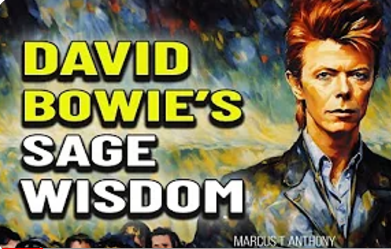What would happen if instead of batting for a political party at the next election like following a football team, we instead focussed more on the intentionality of the leaders – and most importantly the “energy” we put out with the relationship we have to ideas? In this sense the policies are still very important, but just as important is the way our mind relates to such policies. Political ideas and ideals are no different from any other in the sense that the way we identify with them can become a kind of madness, if we are not careful… Some of the great introspective traditions have taught us this about the mind in general. You can learn a lot about yourself and the way the mind functions by observing it, observing the way it clings to thoughts, insists on always being right, and projects against others. Politics is a great opportunity to learn about such things.
I had a teacher once who didn’t care much what people said. Words can easily deceive, she said. She simply “read” people. Something I took from that was that there is a litmus test for whether a philosophy, idea or teaching is worth taking on. And all it requires is a simple question. “Does this idea cause a contraction of consciousness, or an expansion?” Even more importantly, “Does the way I relate to this idea cause a contraction or an expansion?” If it contracts, let it go or modify your relationship to it.
In this sense, the name of the idea, philosophy or the political party isn’t the only important thing. And we don’t need to become so deeply attached to thoughts, ideas and politics.
Almost any idea, however noble, can be abused. And some ideas which may appear imperfect or faulted can be expansive if we relate to them and apply them in the right way.
Marcus





